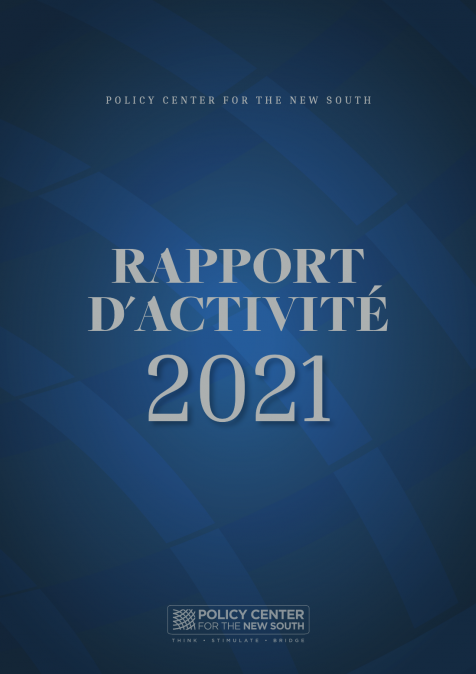سنتطرق خلال هذه الحلقة لمفهوم الاقتصاد الأزرق و مشروع تخطيط الحيز البحري لمبادرة ويستميد للاقتصاد الأزرق المستدام في منطقة البحر المتوسط، بالإضافة إلى دور مشروع التخطيط المكاني و البحري العالمي التابع لمنظمة اليونسكو. سيتناول الحوار كذلك الفرص الاقتصادية والتحديات المتعلقة بالاقتصاد الأزرق في المغرب علاوة على أهمية التخطيط المسبق للحيز البحري وتأثيره على القطاعات الاقتصادية المختلفة، وكذا العوامل الرئيسية التي يجب مراعاتها عند وضع سياسات واستراتيجيات لتخطيط الحيز البحري، مع التركيز على تحقيق التوازن بين الجوانب البيئية والاجتماعية والاقتصادية. أخيرا، نسلط الضوء على دور المغرب كنقطة تواصل لمبادرة ويستميد، وكيفية تعزيز التعاون الإقليمي في مجال الاقتصاد الأزرق
Speakers










